What is Social Security?
Social Security is a fundamental human right enshrined in the Constitution of the Democratic Republic of Timor-Leste in article 56 :
"All citizens have the right to social security and assistance, under the terms of the law"
The right to social security is also present in the Universal Declaration of Human Rights (UDHR) of 1948 in Article 22, which states that:
“Everyone, as a member of society, has the right to social security and is entitled to realization, through national effort and international co-operation and in accordance with the organization and resources of each State, of the economic, social and cultural rights indispensable for his dignity and the free development of his personality.”
Social Security is a System that aims to ensure the fundamental human rights of all citizens and guarantee an adequate level of well-being, as well as protecting all citizens throughout their entire life cycle: Social Security protects us before and after birth (by protecting maternity) and after death (through survivor pensions to family members of deceased beneficiaries).
Objectives of Social Security
Social Security is a set of measures that aim to:
• Protect all workers and their families in situations of loss of income from work or in conditions of insufficient income (contributory social security), preventing poverty and maintaining consumption capacity and boosting business activity.
• Guaranteeing all citizens a decent life through access to fundamental subsistence minimums (social security of citizenship), helping to combat poverty.
Therefore, Social Security plays a fundamental role in human development and in achieving the 2030 Agenda and the Sustainable Development Goals (SDGs).
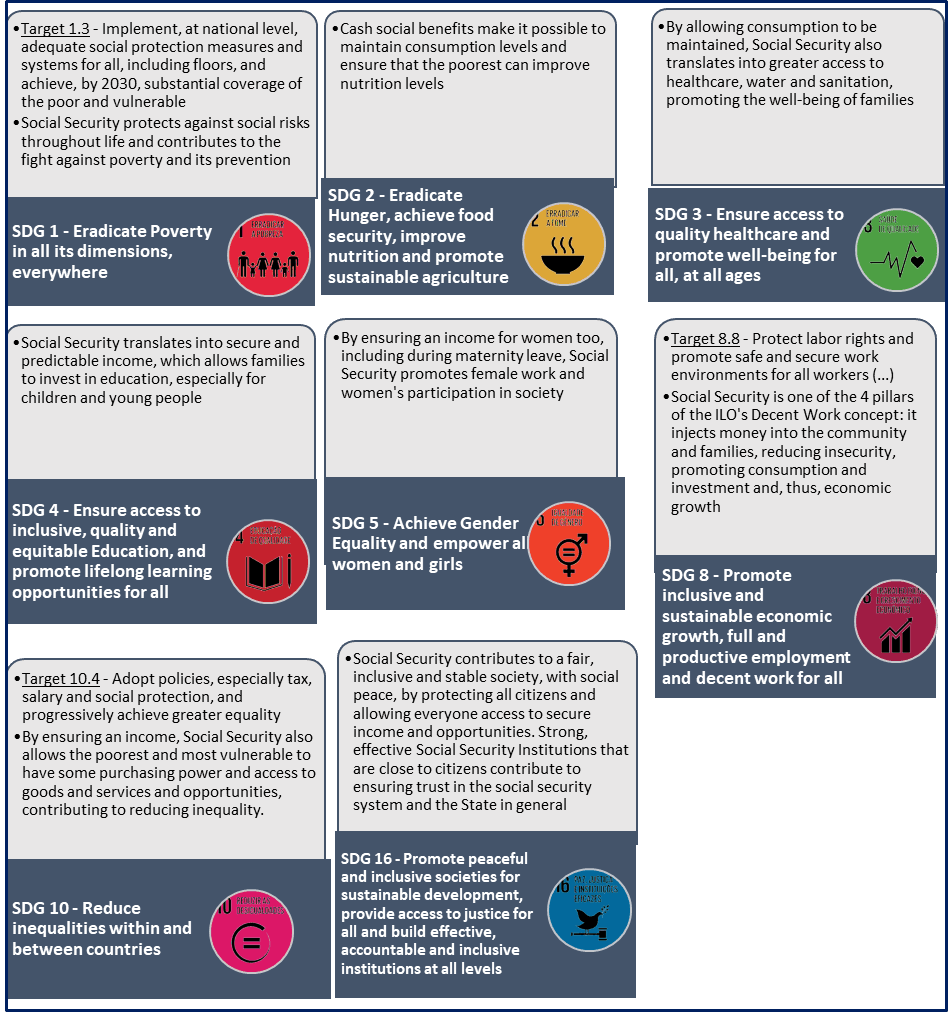
Organization of the Social Security System
In Timor-Leste, the Social Security System is a fundamental component of Social Protection, and integrates a contributory (social security) regime and a non-contributory (citizenship) regime.
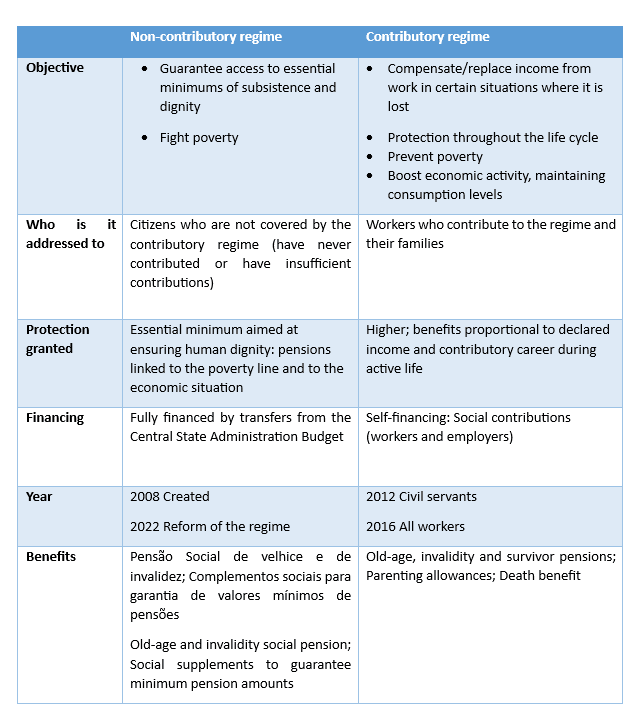
The implementation, consolidation and extension of the coverage of the Social Security System are objectives set out in several strategic and political guidance documents approved in Timor-Leste, including the Constitution of the Republic, the Strategic Development Plan 2011-2030, the Economic Recovery Plan , the National Strategy for Social Protection 2021-2030, and the Program of the IX Constitutional Government.
Principles of the Contributory Regime
Submenu 3: Principles of the Contributory Regime
Law n. 12/2016, of 14 November, establishes the Creation of the Contributory Social Security Regime and defines the general principles of the general social security regime
Principle of selective adequacy: This consists in determining the sources of funding and the allocation of financial resources, according to the nature and objectives of the social protection modalities defined in the law and to special situations and measures that are considered relevant.
Principle of intergenerational cohesion: This implies that the general regime promotes balance between generations in its financing and in the assumption of responsibilities.
Principle of contributivity: Access to benefits provided by the general regime is based on a direct link between the legal obligation to contribute and the right to benefits.
Principle of positive differentiation: This consists in the flexibilisation and modulation of benefits according to income, social eventualities and other factors, in particular of a family, social, labour and demographic nature.
Principle of fairness: The general regime must treat equal situations equally and unequal situations differently.
Principle of judicial guarantee: Ensures that those concerned have access to the courts in good time to enforce their entitlement to benefits.
Principle of equality: This consists of non-discrimination between beneficiaries, in particular on grounds of sex and nationality, without prejudice, in the latter case, to conditions of residence and reciprocity.
Principle of information: Consists in informing all persons both of their rights and duties and of their situation under the general regime, and guarantees their personalised service.
Principle of safeguarding acquired rights and rights in the process of being acquired: Aims to ensure that these rights are respected, in accordance with the law.
Principle of self-financing: This assumes that the general regime is essentially financed by contributions from workers and employers.
The contribution rate is supported by an actuarial study, to ensure that the system is self-financing, meaning that the system can pay at least the same as what it receives from contributors.
In the first years, revenue from contributions will be higher than the spending related to benefits of those who are contributing; the surplus is sent to the Social Security Reserve Fund, to ensure that in the future there will continue to be revenue to pay pensions, even when annual contributions are insufficient.
Principle of the primacy of public responsibility: This consists of the duty of the State to create the necessary conditions for the realisation of the right to social security and to organise and coordinate the general system.
Social Security Model in Timor-Leste
In the world, there are two main types of contributory social security regime models (although with several variants):
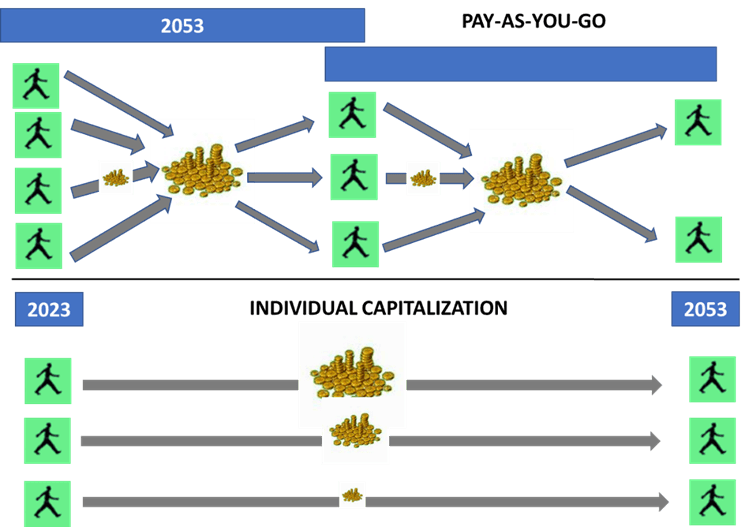
a “defined benefits” model (known as a pay-as-you-go model), based on a logic of sharing and solidarity.
In this model, currently active workers – together with their employers – contribute to a “common portfolio” and the funds accumulated in this “common portfolio” are used to pay the immediate benefits to which contributors are entitled while they are working (for example, maternity benefit) and to pay the pensions of those who have stopped working and contributed in the past.
In other words, current generations are guaranteeing the maintenance of income (and consumption capacity) of those who have already stopped working, and they know/have the promise that new workers in the future will guarantee themselves the same rights. There is, therefore, solidarity between generations and intra generations, and a collective sharing of risks.
Each contributing worker knows from the outset how much pension they will receive in the future, because this calculation depends on a well-known calculation formula: the value of the pension is proportional to the declared earnings and contributions made throughout working life. This is why this model is called “defined benefits”.
However, because it is a solidarity model, there is always a distribution of the “common portfolio” and therefore it is always ensured that everyone is entitled to a minimum acceptable pension, even if they have lower income throughout their working life.a “defined contributions” model (capitalization model), based on an individual logic.
In this model, workers who are currently working – together with their respective employers – contribute to an individual account in their own name.
The amount that each individual worker accumulates in their “individual account” is capitalized in the financial markets and, in the future, the result of this capitalization/profitability will be the amount that each worker will receive.
Each contributing worker knows from the outset how much they contribute, but they do not know how much they will receive in the future, because the value of the pension depends on the functioning of the markets.
The accumulated amount is individually and exclusively allocated to the contributor, with no distribution to other taxpayers, and therefore whoever receives less income throughout their working life will have a reduced pension value, without an acceptable minimum pension value being guaranteed.
The contributory regime model adopted in Timor-Leste is a Pay-As-You-Go model (defined benefits), which reflects the principles of solidarity on which Timorese society is based.
However, a simple pay-as-you-go system today can benefit from a lower social security contribution rate considering that the population is very young and assuming many workers are contributing and the future beneficiaries have not yet met the qualifying period needed to access entitlements. But in the future, a substantial increase in the contribution rate would be necessary to ensure the same rights for insured persons as the number of pensioners increases and the number of contributors decreases as a result of future demographic changes or financial (and employment) crises.
For this reason, the contribution rate applied at present is higher than that which would be strictly necessary to pay the current benefits, in order to ensure fairness of the contribution effort between the different generations: a break-even contribution rate (calculated on the basis of actuarial techniques) is applied. This guarantees a surplus of contributions in the early years/decades, which is not immediately shared out, but which must be monetised to ensure the future protection of current contributors.
Therefore, the social security regime adopted by Timor-Leste combines simple distribution with a public capitalization component: that is created by the Social Security Reserve Fund, here the amounts from the surpluses of annual contributions that are not subject to immediate distribution, i.e. the surpluses between the contributions received annually and the benefits paid annually, are accumulated and monetised.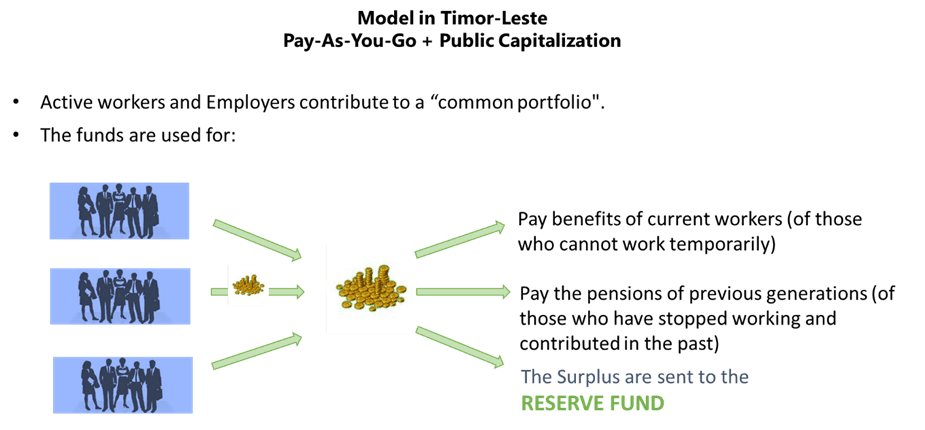
The Social Security Portal was supported by the International Labor Organization (ILO) within the framework of the GIZ and ACTION/Portugal projects
Last update:19/02/2024

